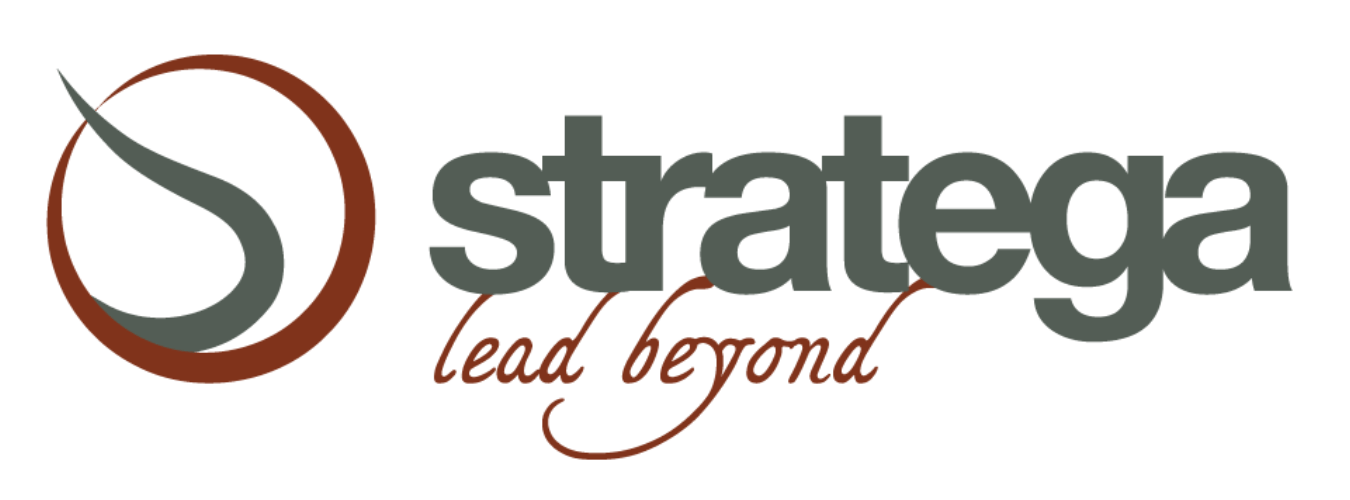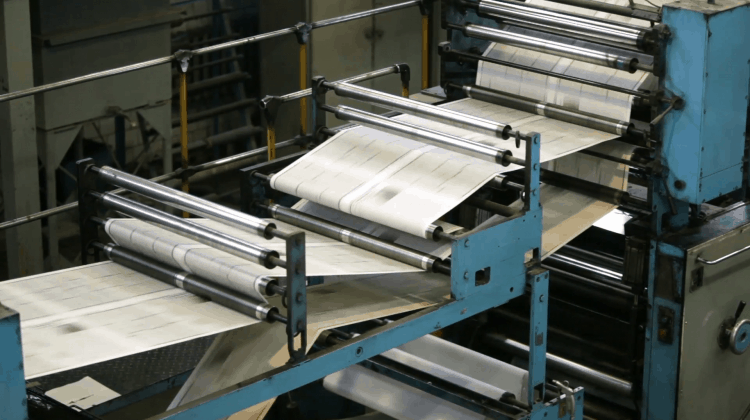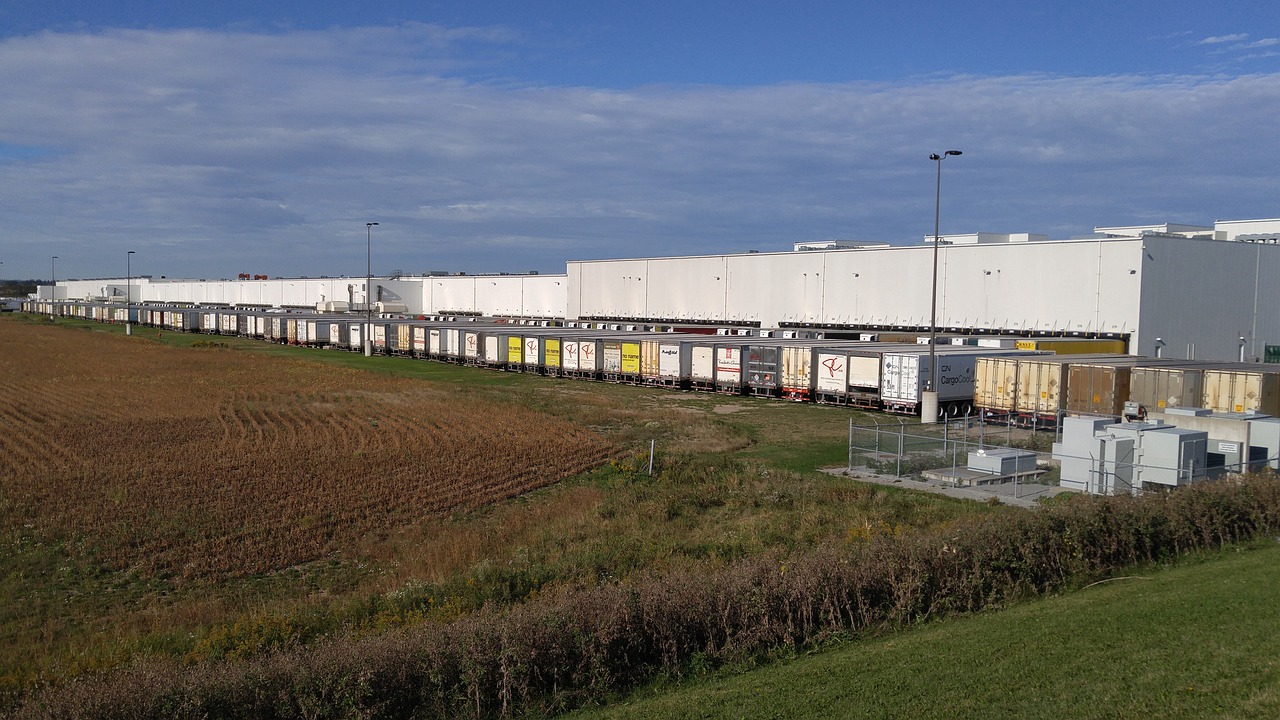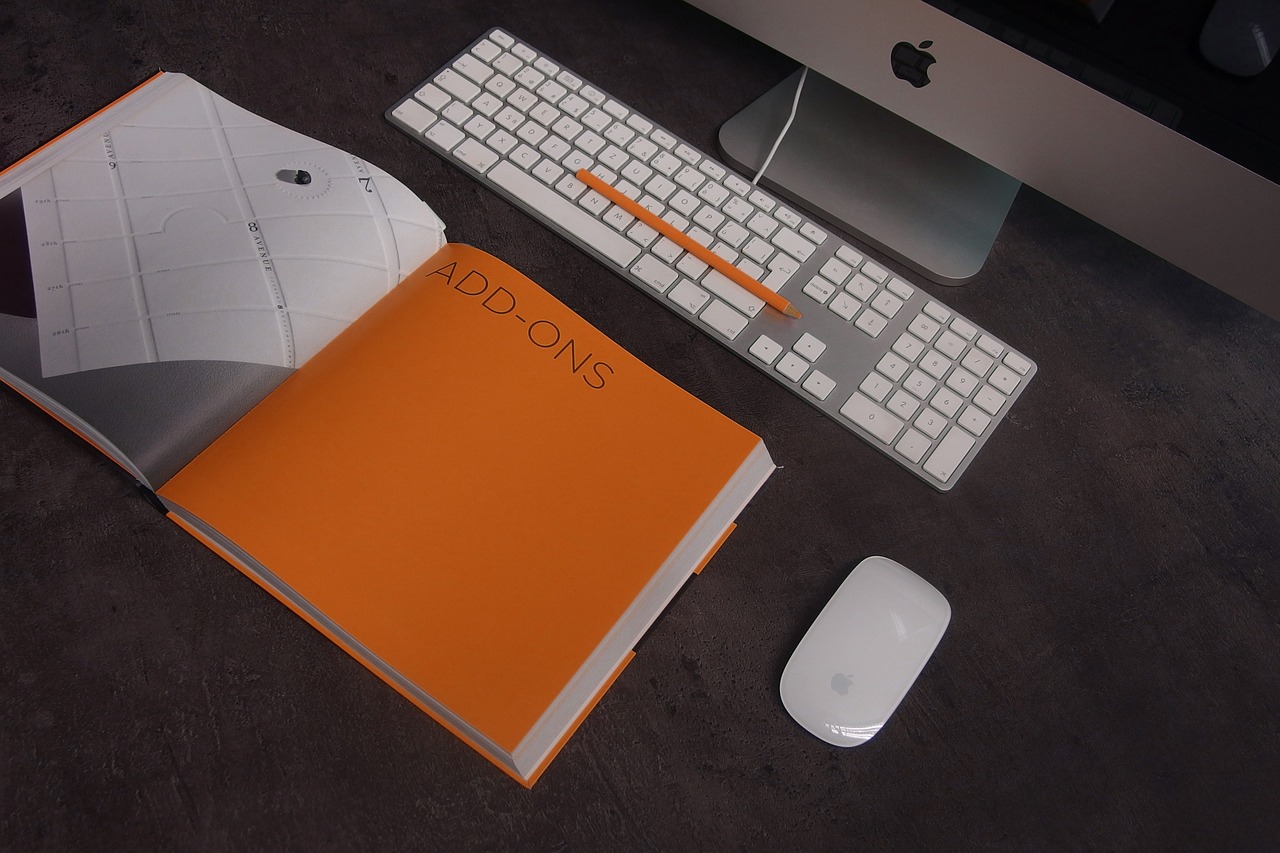Case History
MANUFACTURING
The manufacturing industry is constantly facing challenges such as supply chain disruptions, increasing global competition, and changing consumer preferences. Companies must also navigate complex regulations, rising costs, and the impact of technology to remain competitive and profitable.

THE HIGHEST STANDARDS
The manufacturing industry is an integral part of the global economy, but it is not immune to challenges. The sector faces various daily challenges, including rising costs of raw materials, increasing competition, rapidly evolving technology, shifting consumer preferences, supply chain disruptions, and stringent regulations. These challenges are not new, but their impact has increased in recent years. In this highly competitive environment, companies must adapt to survive and succeed.
Rising costs of raw materials and energy is one of the most significant challenges faced by the manufacturing industry. Fluctuating prices of essential materials such as steel, aluminum, and copper can significantly affect manufacturing processes, resulting in higher production costs. The increasing costs of energy, including electricity and fuel, also impact manufacturing operations, making it difficult to remain competitive.
Another challenge faced by the manufacturing industry is the increasing competition, both domestic and international. As globalization continues to expand, companies must compete with foreign manufacturers that can offer cheaper labor and production costs. Domestic manufacturers must also compete with each other, with smaller companies struggling to keep up with larger, more established corporations.
The manufacturing industry is also highly dependent on technology, which is continually evolving. Keeping up with the latest advancements in technology can be a daunting task, and companies that fail to adapt can quickly fall behind their competitors. Advancements in automation and robotics are changing the way manufacturing operates, leading to increased productivity and efficiency. However, implementing these technologies can be costly, and smaller manufacturers may struggle to keep up.
Shifting consumer preferences are another challenge faced by the manufacturing industry. Consumers are becoming increasingly environmentally conscious, demanding more sustainable products and production processes. Meeting these demands can be challenging for manufacturers, who must balance the cost of implementing sustainable practices with the need to remain competitive.
Supply chain disruptions can also be a significant challenge for the manufacturing industry. The COVID-19 pandemic has highlighted the fragility of global supply chains, with disruptions in raw material and component supplies causing delays and production shutdowns. Companies must have contingency plans in place to minimize the impact of supply chain disruptions.
Finally, the manufacturing industry is subject to stringent regulations regarding safety, environmental impact, and labor practices. Compliance with these regulations can be costly, and failure to comply can result in significant legal and financial penalties.
At Stratega, we understand the challenges faced by the manufacturing industry and have amassed extensive experience in helping our clients navigate them. Our unique approach allows us to personalize each project, ensuring that we meet our clients’ specific needs and requirements. With our broad range of skills, we can provide comprehensive solutions to help companies in the manufacturing industry succeed in an increasingly competitive environment.
Stratega took part in the consultancy activities for a French newsprint paper manufacturer facing increased demand and operational uncertainties leading to potential losses and inefficiencies. Within a tight timeframe of less than a week, Stratega identified four key areas for improvement. As a result, the printing house achieved a remarkable 20% reduction in operational costs through improved efficiency and supply management.
The implementation of the Operational Excellence methodology led to a 30% increase in NOP (from -10% to +20%) and a significant improvement in market share due to better plant utilization and improved business profitability. The results were confirmed in the years following Stratega's intervention. The work done has created a solid foundation of processes and technologies, durable and with great future potential.
Through our Asset Care program and our work with the team, the company was able to improve line availability, OEE and OTIF of products, reduce maintenance costs, and ensure profit. Our work has also created a culture of failure prevention and enabled them to better manage plants, ensuring customer satisfaction and company growth.
Stratega has helped implement a successful TPM program, customizing the approach based on the specific particularities and challenges of their organization. The turning point of the project was to complement the training material, which in itself was very comprehensive, with an on-demand coaching activity. Thanks to this, the result was a 20:1 ROI in just 9 months, with a target audience of 1750 people.
Start elevating your organization performances by requesting one of our senior experts to get in touch
We’ll reach back in less than a day.




